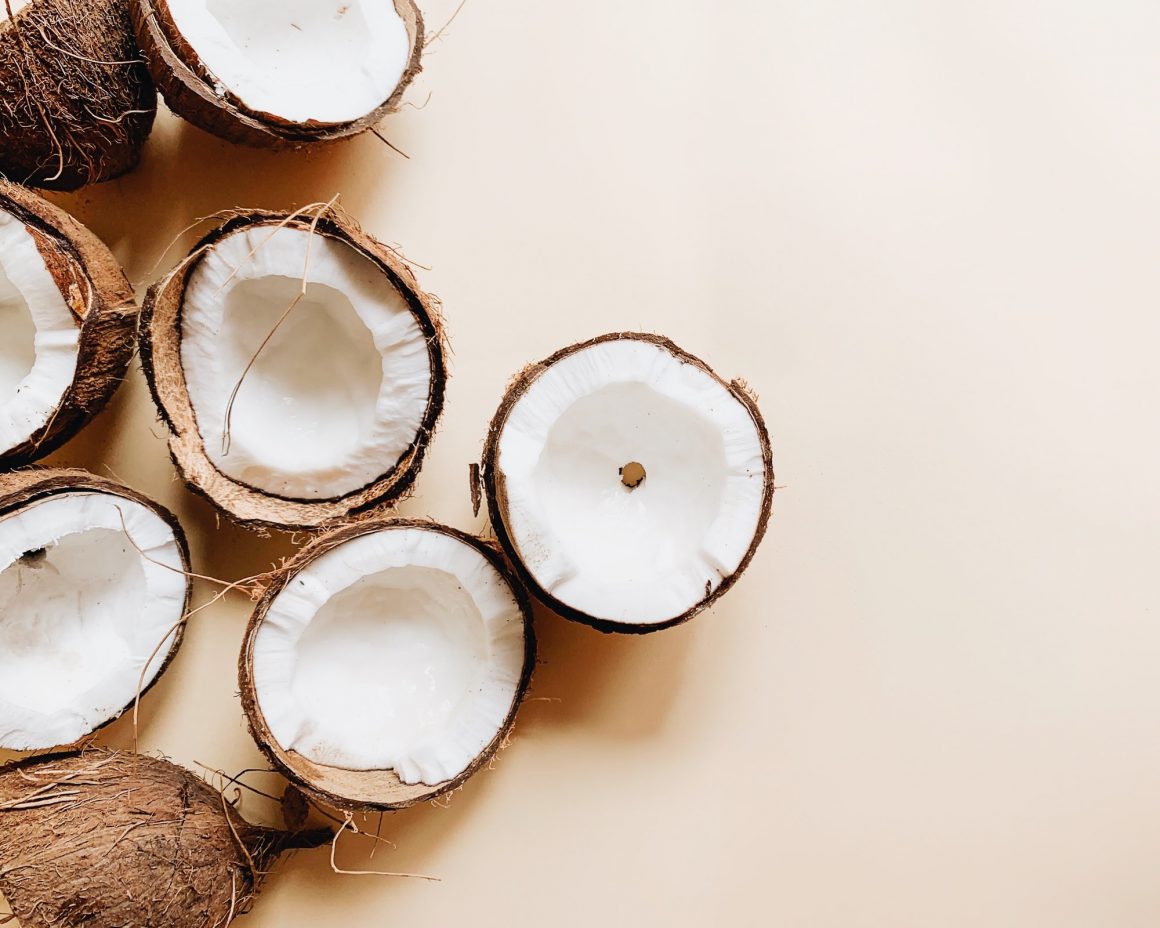
Spill the Chai: On cracking the “coconut” stereotype
By Aymen Sherwani, December 5 2019—
The majority of people from Calgary’s South Asian diaspora, in one way or another, are first and second-generation immigrants. We’re all condensed together under a false sense of familial community where every older woman is an “auntie,” and every family friend is a “cousin” because your real cousins are back in the subcontinent. By this logic, immigrant societies stick together not because we necessarily like each other, but because we feel like we have to in order for our unconventionally ethnic ways of life to be readily accepted. Except for the “coconuts,” of course. They’re anything but accepted.
coconut
noun co·co·nut
- The large nut of a tropical tree called a coconut palm. It grows inside a hard shell and contains a soft white substance that can be eaten and juice that can be drunk.
- Referring to South Asian people, appearing visibly brown on the outside, but white on the inside.
If you’re a first-or second-generation South Asian immigrant, you’ve probably been called a coconut before by the brown kids who were shook that you hadn’t watched Kal Ho Na Ho until you were 16, laughed at you for not speaking enough of your mother tongue or the fact that you’ve never eaten pani puri before. Growing up, I ate cereal on Saturday mornings while watching Hannah Montana, and I didn’t think much of it, but only because it didn’t affect me as much as it does now. I’ve come to understand that usually when I’m being called a coconut by another brown person, it’s with the implication that I’m some sort of cultural sellout, who’s compromised her traditional values and language in exchange for feeling accepted in western society. It screams “you are not South Asian enough, and so you are not good enough.”
Some South Asians treat identity as a competitive hierarchy, insinuating that your willingness to adapt to western culture means you are forgetting your roots. So you somehow score points for your ability to cook round rotis and lose points when you’re spotted by a disapproving auntie walking with your non-South Asian male friend while wearing a miniskirt. It doesn’t get better when these same people tell you that your skin is too dark, your thighs are too thick and that’s why “no one will want to arrange their son to marry you.” Thanks, marrying a guy who has an issue with me regardless of what I do was right up there with going to law school and running for office.
Being called a coconut makes one feel like a pariah if they do anything unconventional to South Asian standards, whether it be pursuing something other than a random STEM field, or even a relationship with someone who isn’t also South Asian. The problem isn’t really not being good enough to fit in anywhere, as much as it is that the two different cultures that you belong to demand that you chose a side — and it’s become a problem. The contradicting cultures we are raised in result in us being met with criticism wherever we go. While our white friends say that they wish they were “tan” like us, our aunties will comment that we’ve “become a little darker.”
In reality, being South Asian shouldn’t be a standard to strive to achieve because it’s something I already am regardless of how I act, speak or dress. The way I act, the things I like to do for fun and the music I listen to do should not insinuate that I am somehow betraying my race. I didn’t exchange my ability to endure spicy food for my love for a pumpkin spice latte. I do both because I’m South Asian unapologetically and in my own way. It’s time we all stopped absorbing these toxic expectations of cultural homogeneity as the norm for how we’re supposed to act and embrace the diversity within our own culture for once.
This article is part of our Opinions section and does not necessarily reflect the views of the Gauntlet’s editorial board.
